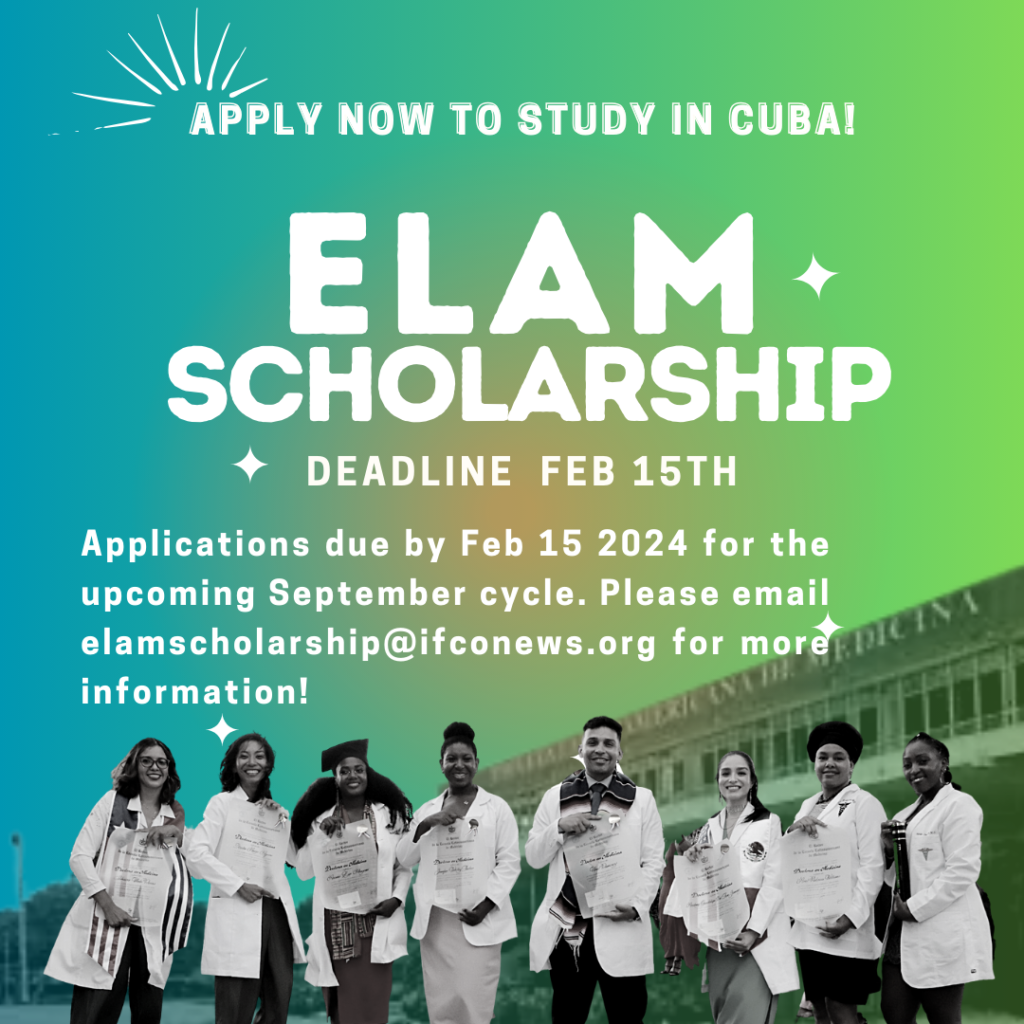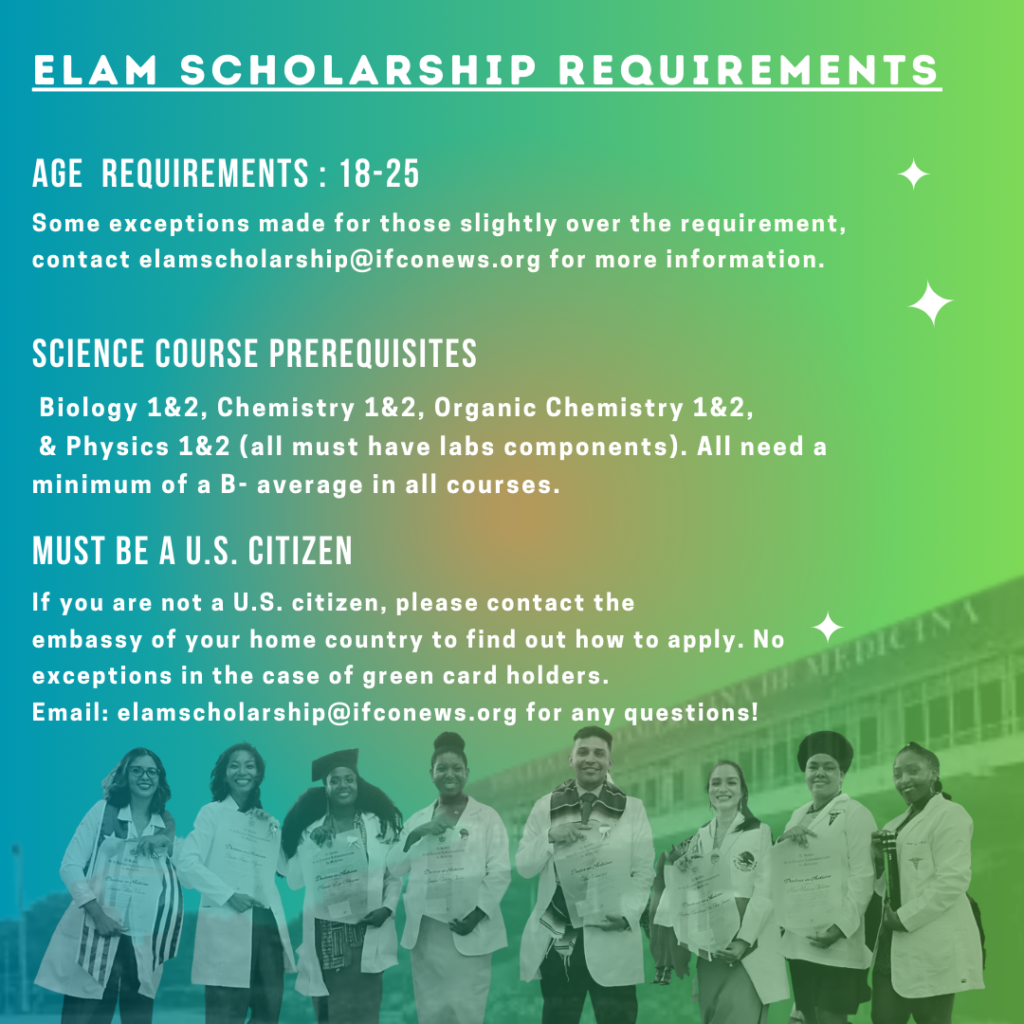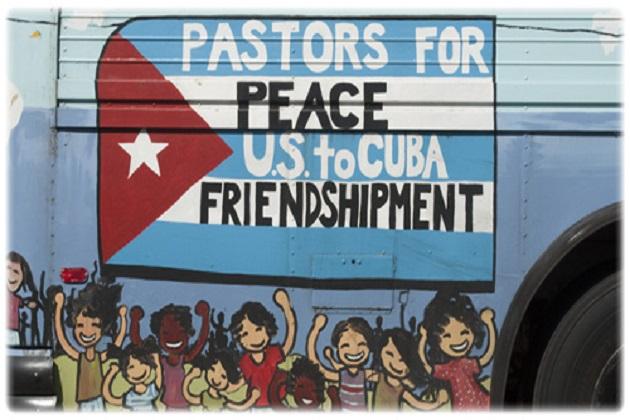
33rd Friendshipment Brigade
Since 1992, IFCO/Pastors for Peace has organized 31 Friendshipment Caravans to Cuba as challenges to the US government’s economic blockade. These caravans have taken valuable humanitarian aid to Cuba but more importantly have helped demonstrate to the Cuban people that they are not alone and that they have allies even in the “belly of the beast” in the US.
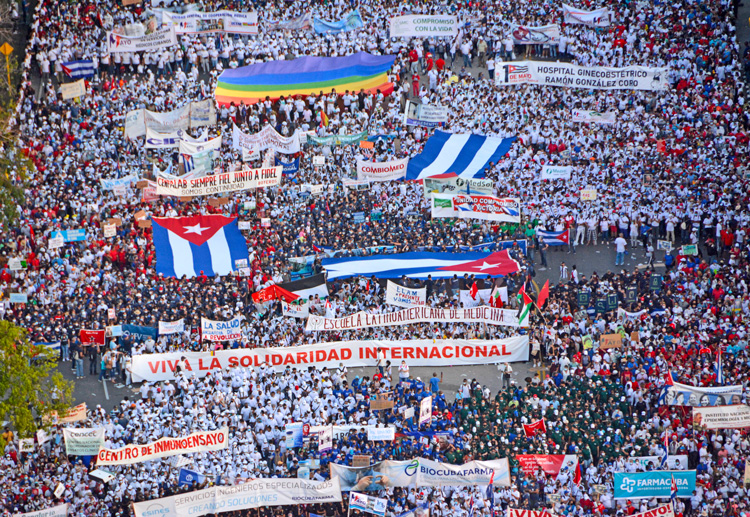
International May Day Brigade
The International May Day Brigade provides a unique opportunity to meet and talk with Cuban workers, farmers and youth and to become better armed to return home and counter Washington’s lies and attacks against the revolution.
Each year, the NNOC works with ICAP (Cuban Institute of Friendship with the Peoples) to lead the US delegation on the International May Day Brigade.
Our brigadistas are of all different ages, backgrounds, and walks of life! We give scholarships to help working-class US people travel to Cuba for the first time.
We see the reality of the Cuban Revolution beyond US propaganda; build solidarity with mass organizations, unions, and the Cuban people; and bring back the truth about Cuba to the US to fight against the illegal, inhumane US blockade.
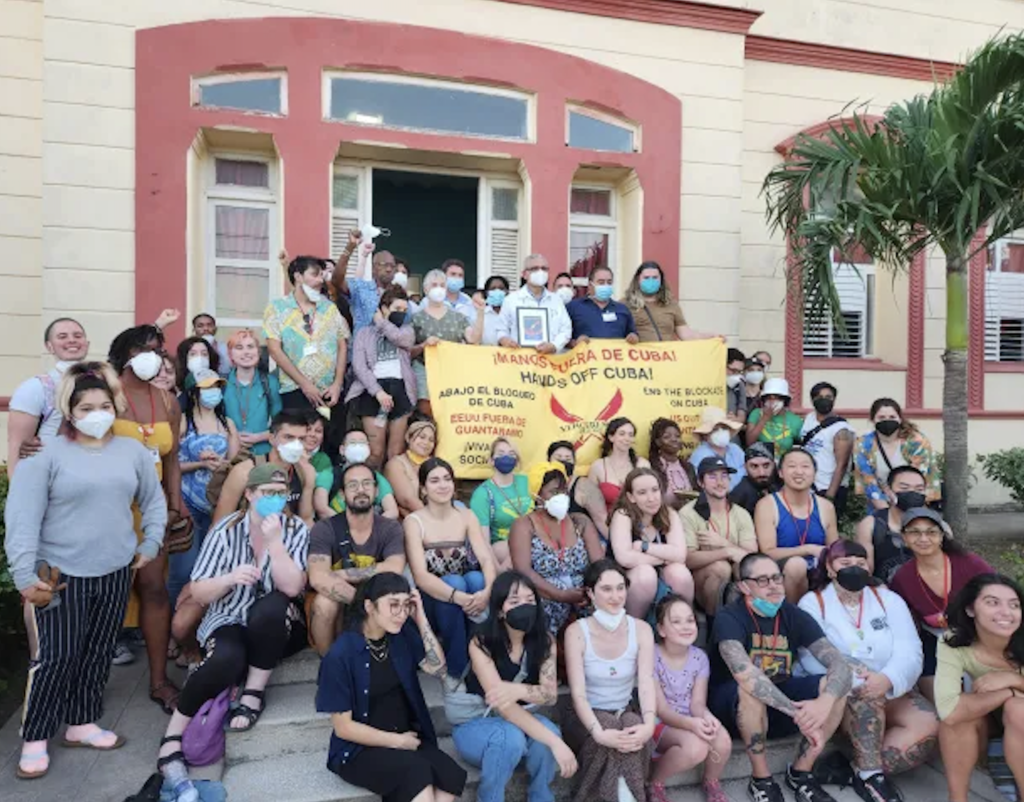
Venceremos Brigade
In 1969, a coalition of young people formed the Venceremos (“We Shall Overcome”) Brigade, as a means of showing solidarity with the Cuban Revolution by working side by side with Cuban workers and challenging U.S. policies towards Cuba, including the economic blockade and our government’s ban on travel to the island. The first Brigades participated in sugar harvests and subsequent Brigades have done agricultural and construction work in many parts of the island.
Information Coming Soon About Additional Solidarity Brigades Including:
Building Relations with Cuban Labor – May Day 2025
Witness for Peace
Proximity
CODE PINK
Global Exchange
African Awareness Association
& More!
We support all travel that aligns with the NNOC bylaws and core goals. Are we missing a solidarity brigade or delegation?
Why Travel to Cuba?
Cuba, one of our closest neighbors, is just 90 miles from the United States’ southern shore. It is a country rich in history and culture and unique in many ways. Traveling responsibly and joyfully, you will gain insight into that uniqueness. Your experience will dispel misconceptions and allow you to see for yourself a land of beauty, both natural and human. Traveling to Cuba in itself helps break down the barriers created by the US blockade and sanctions meant to keep the US and Cuban people apart.
Traveling with an organization can show you a Cuba not open to tourists on their own. We present information about travel that will foster a genuine, mutually beneficial opportunity to learn and understand and that is empowering to all who participate. All you need to do is bring an open mind, engage in local customs and understand that despite economic and material scarcity, generosity overflows. Come experience that generosity for yourself.
Brigades & Delegations:
For Other Countries:
- Canadian Network on Cuba – Che Guevara Volunteer Work Brigade
- Cuba Solidarity Campaign Great Britain
- Cuba Solidarity Forum Ireland
- Red Continental Latinoamericana y Caribeña de Solidaridad con Cuba
- El Comité de Solidaridad con Cuba (CSC) de Puerto Rico – la Brigada Juan Rius Rivera
- Cubaforeningen i Norge
- Germany-Cuba Friendship Association
International May Day Brigade Gallery
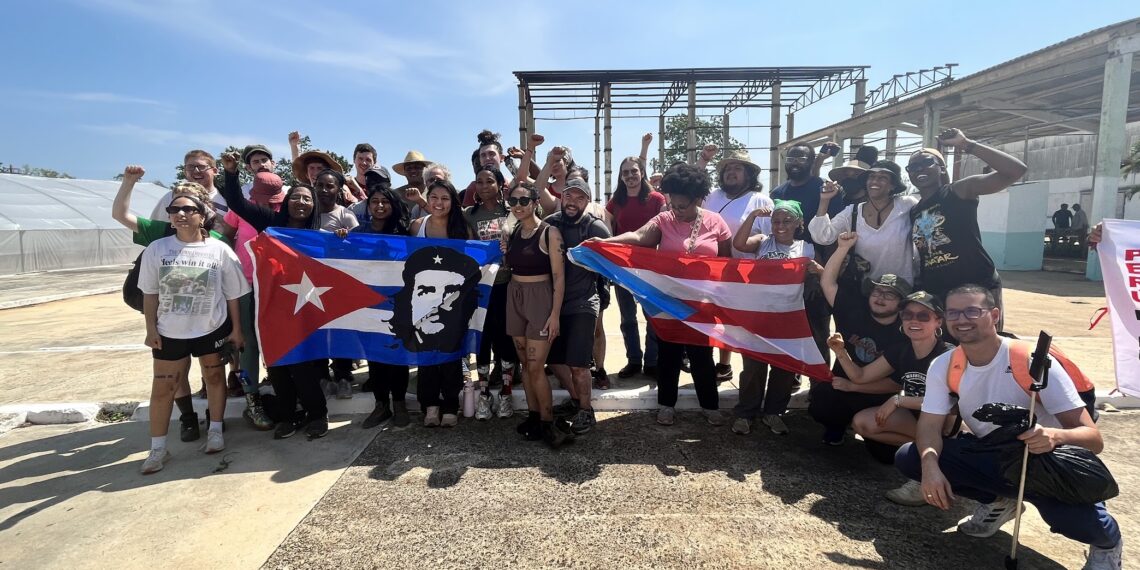
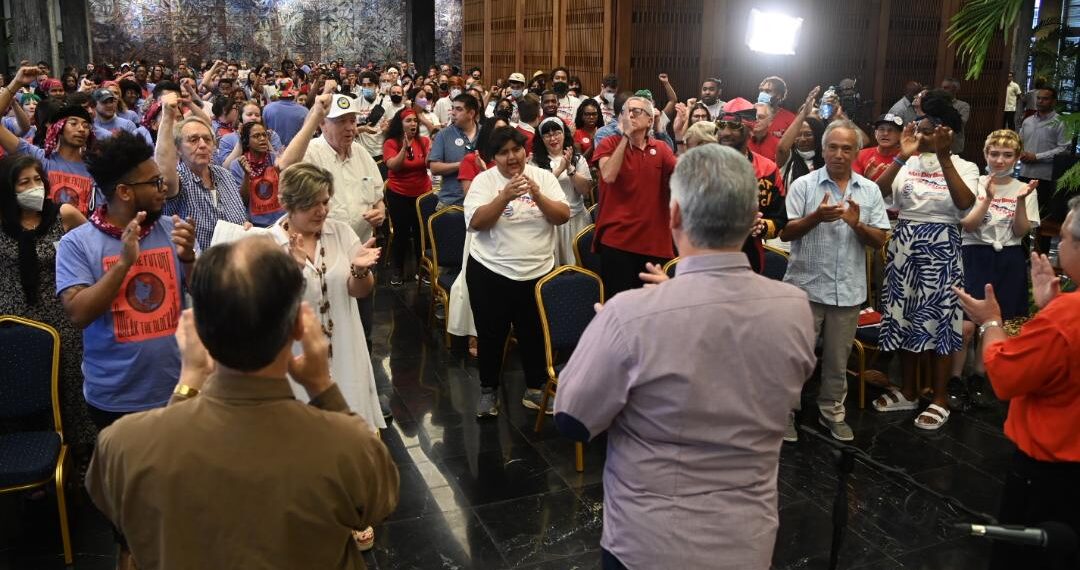

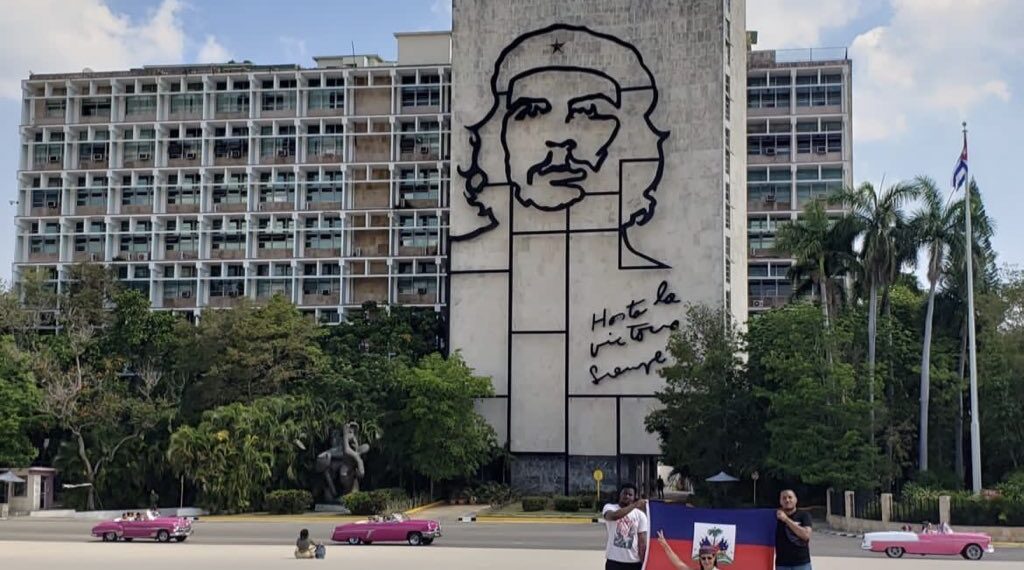
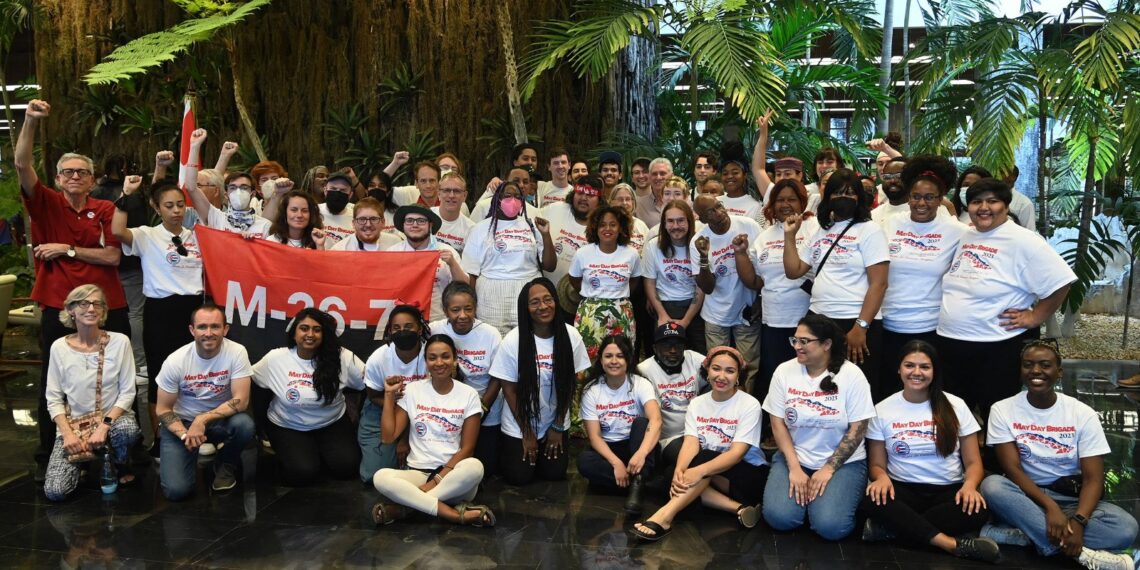
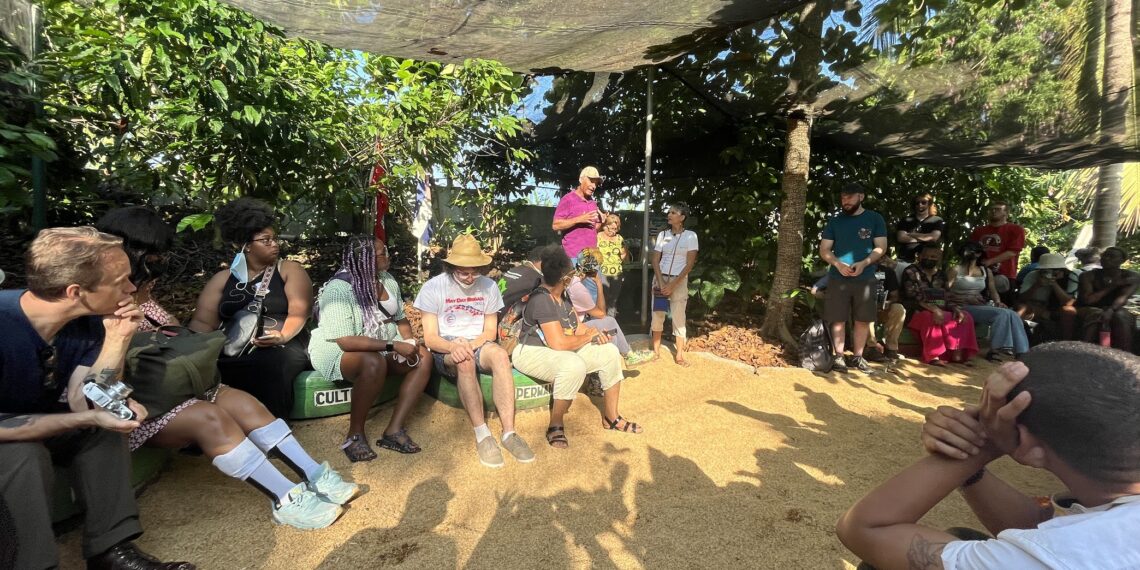
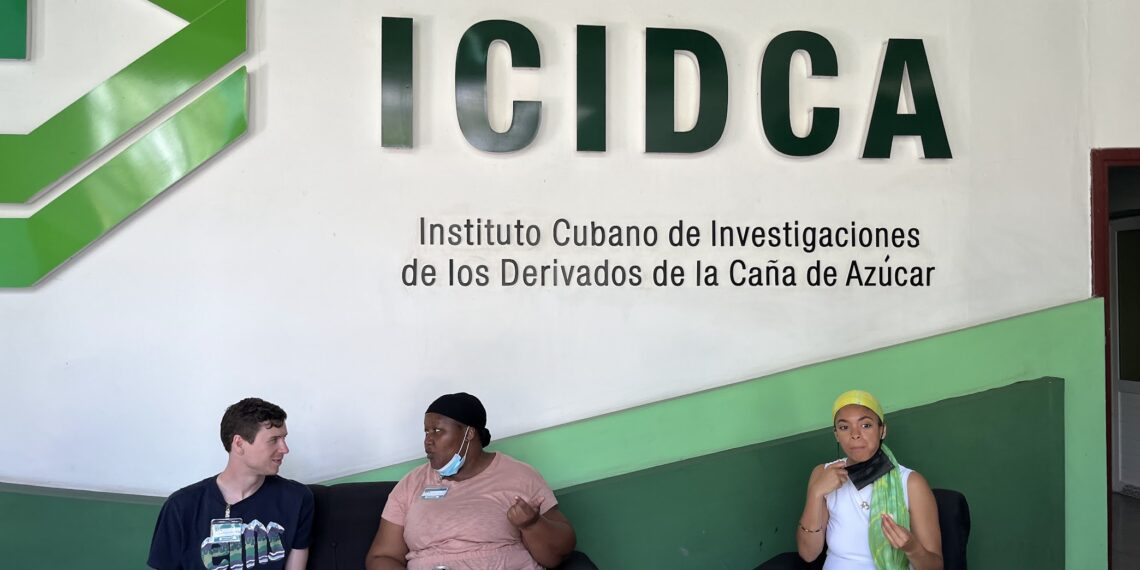
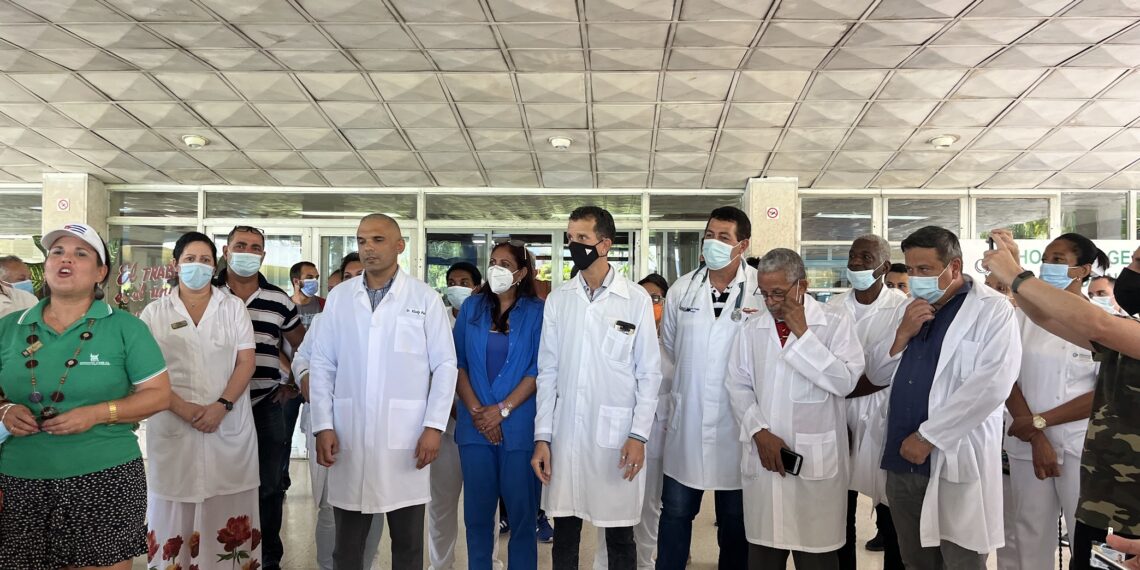
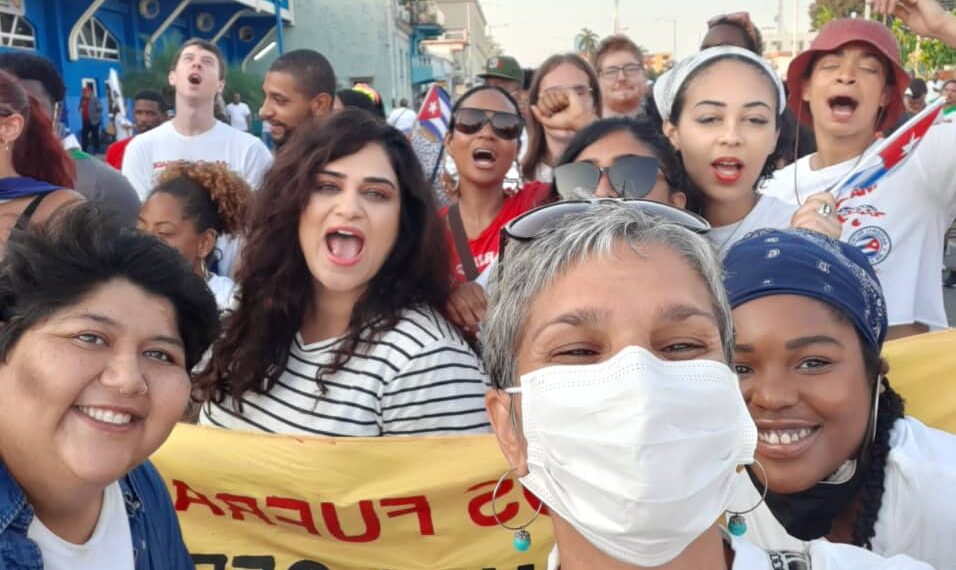
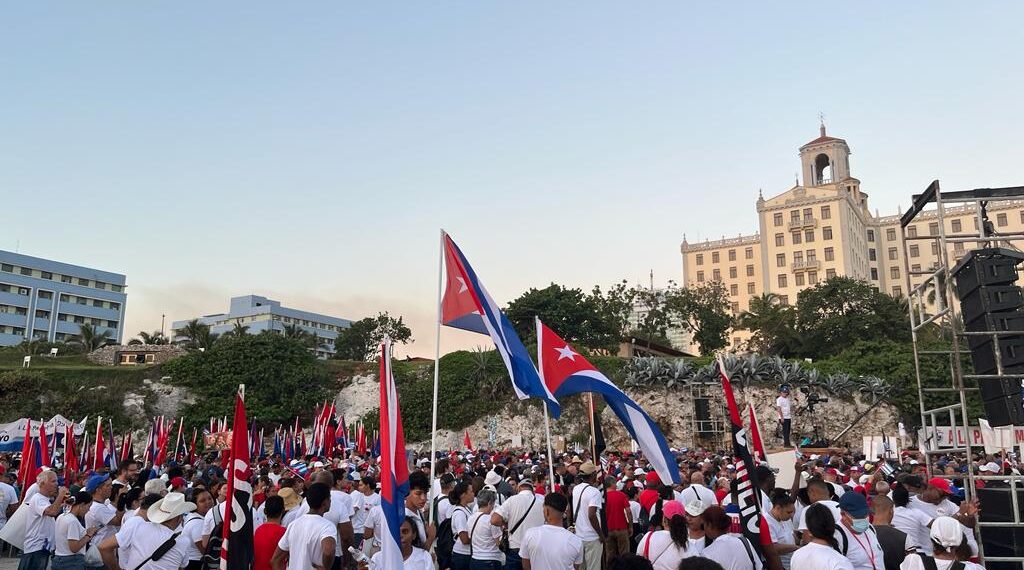
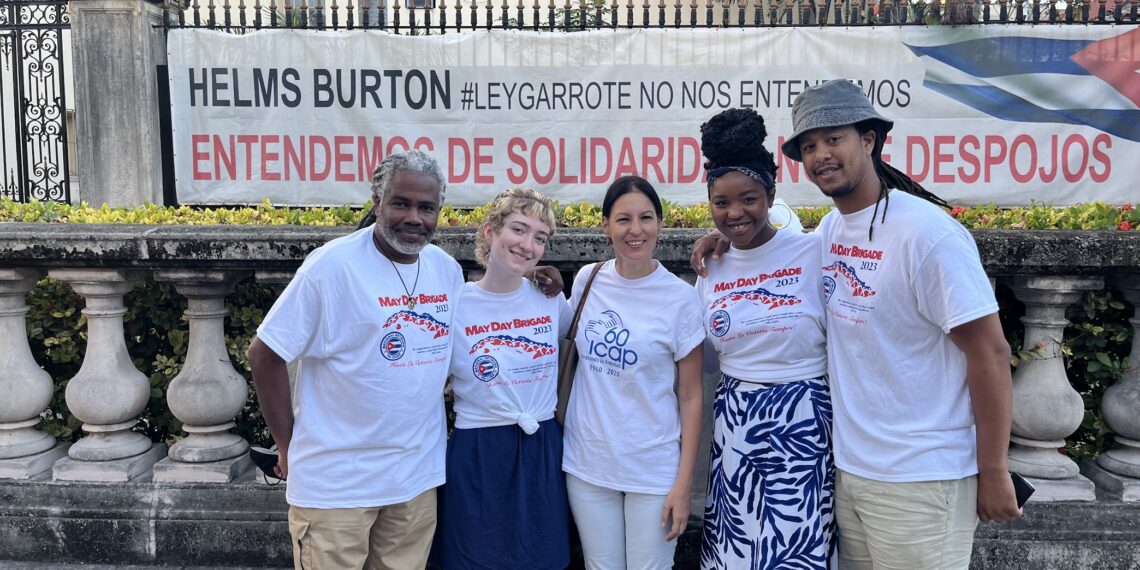
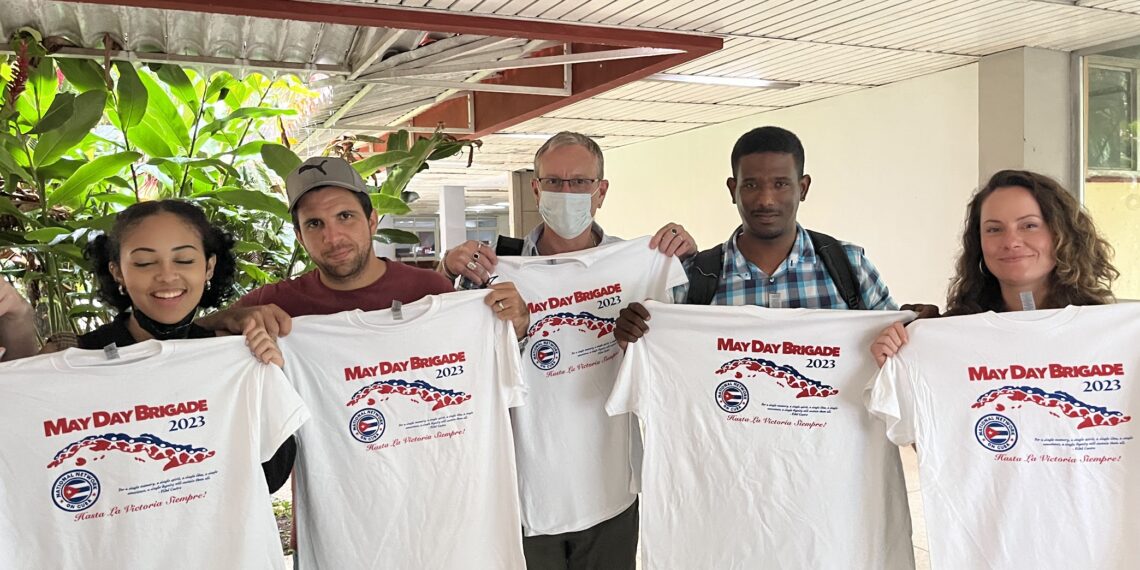
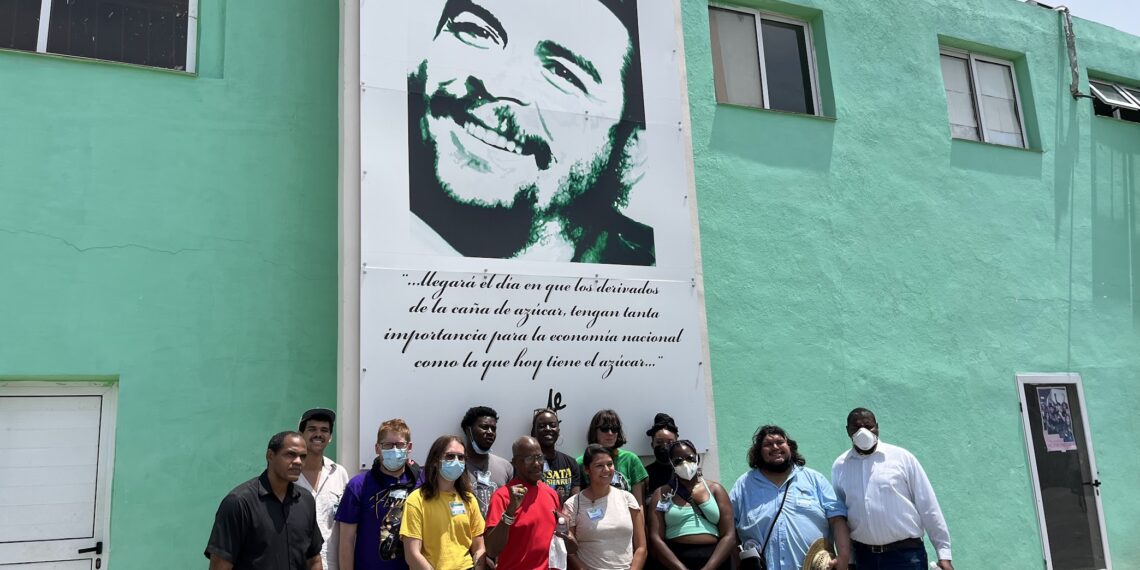
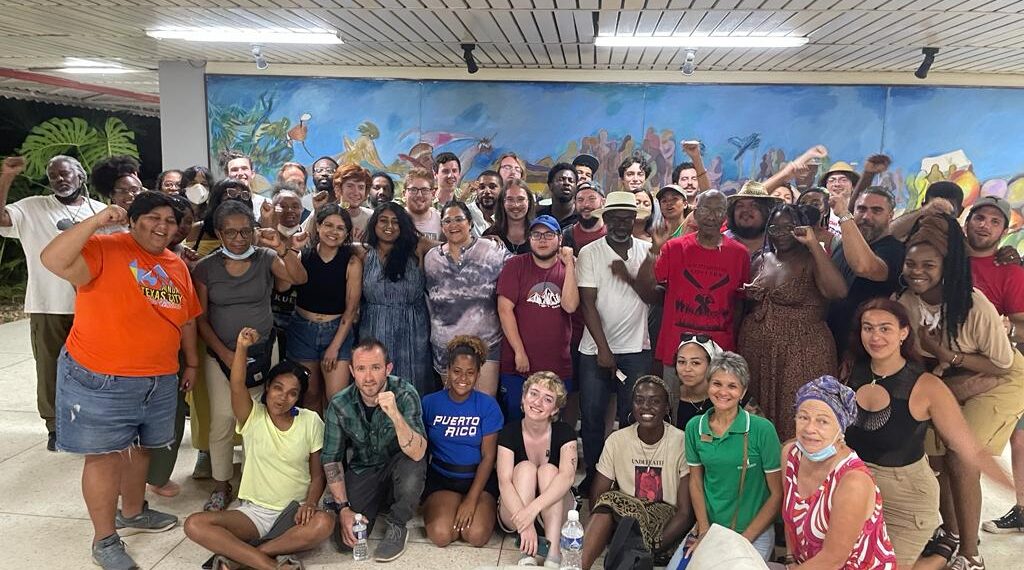
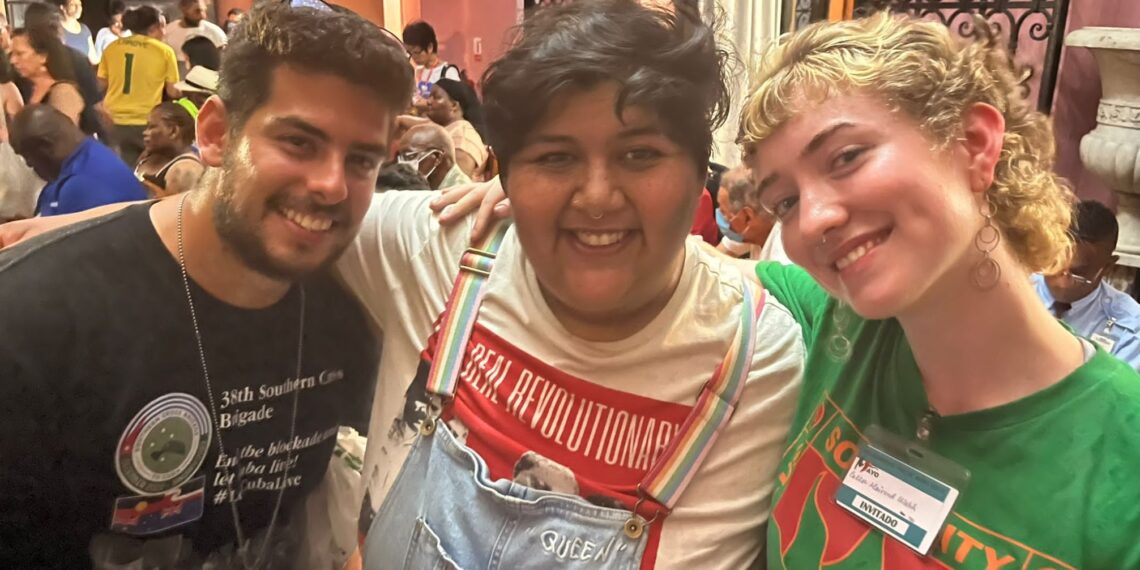
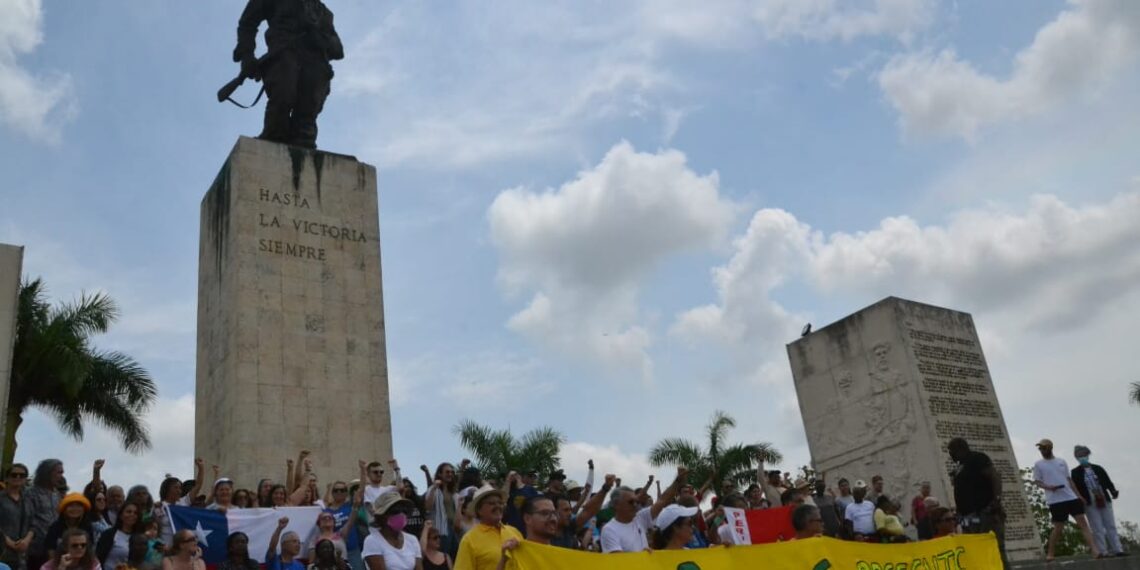
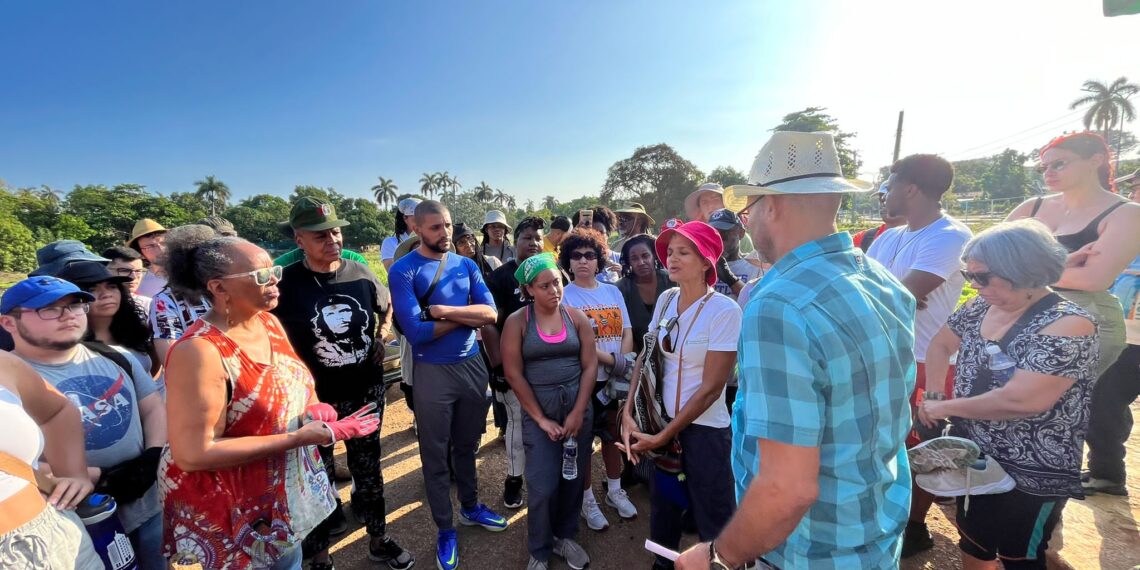
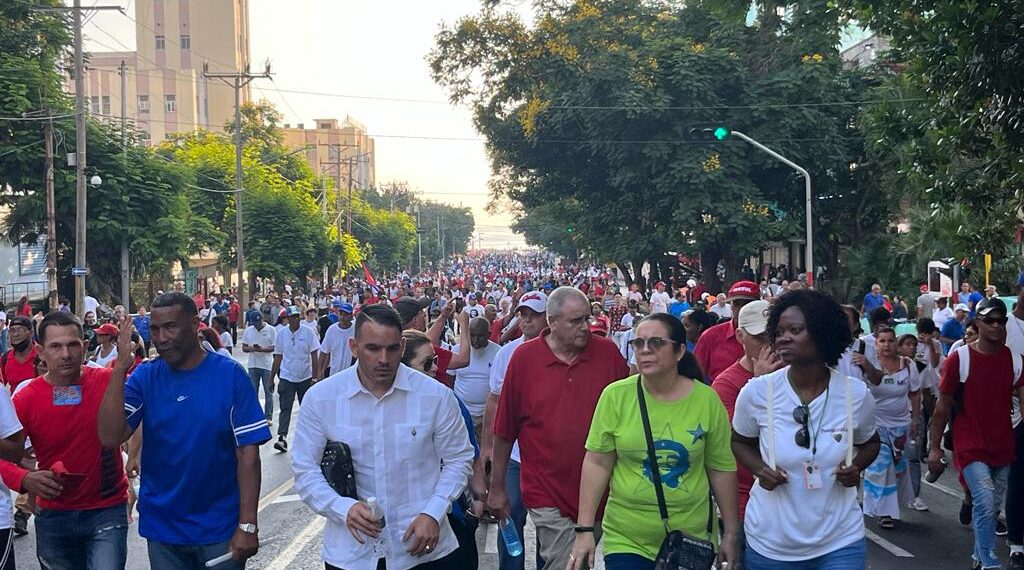
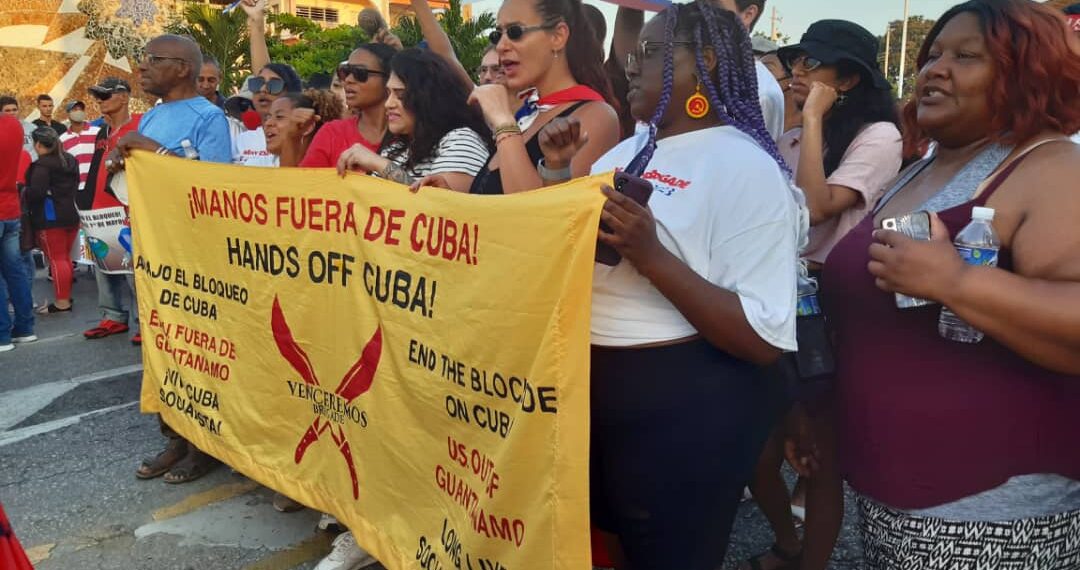
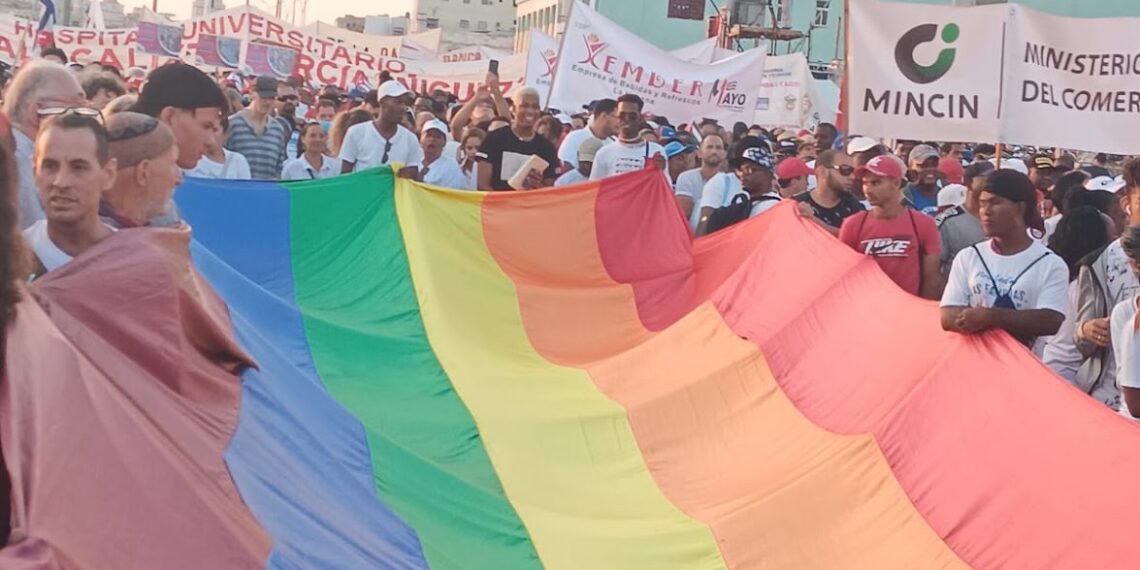
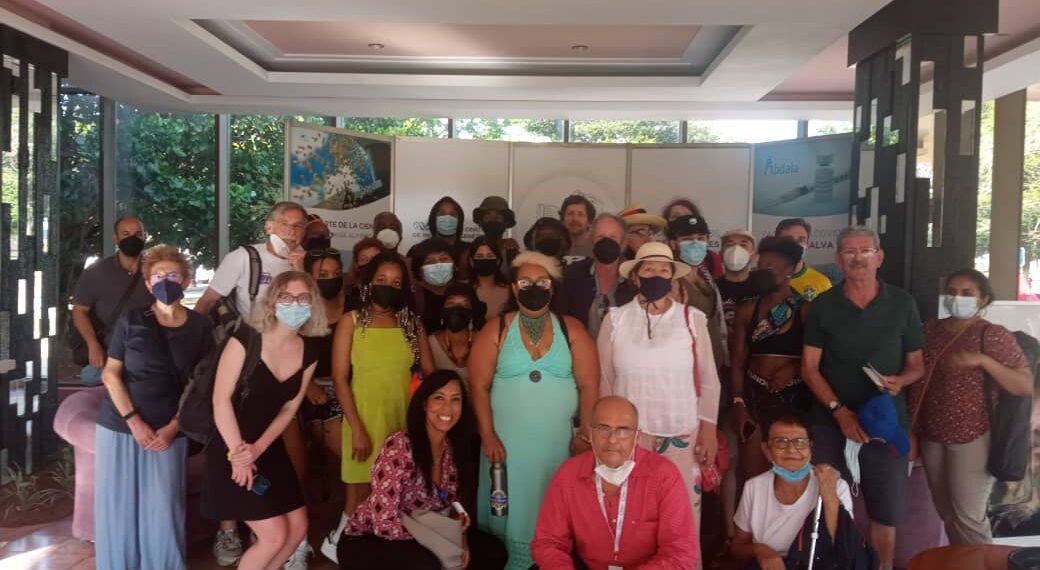
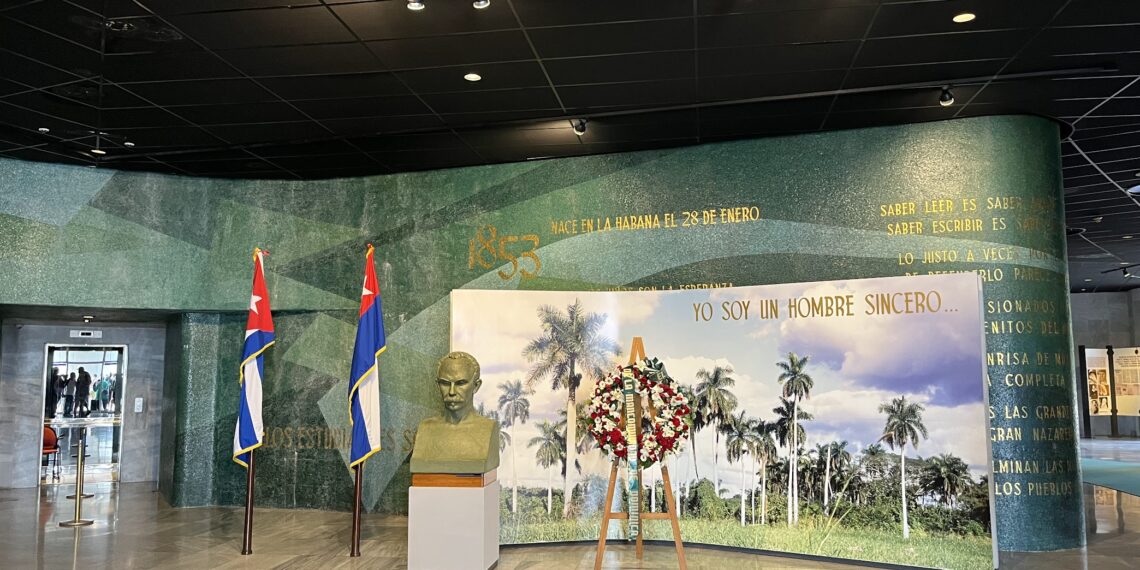
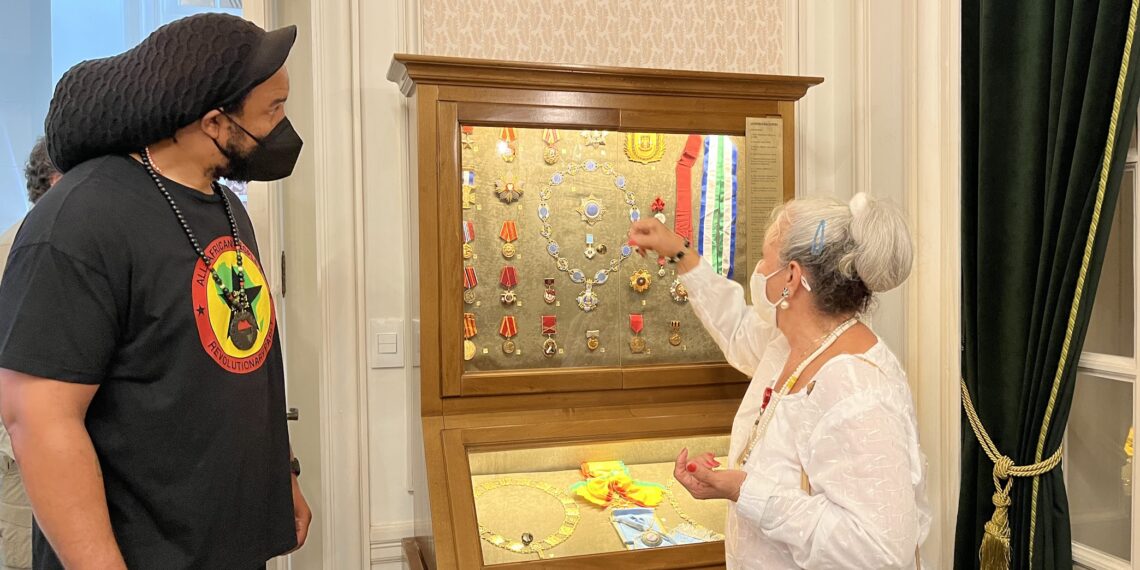
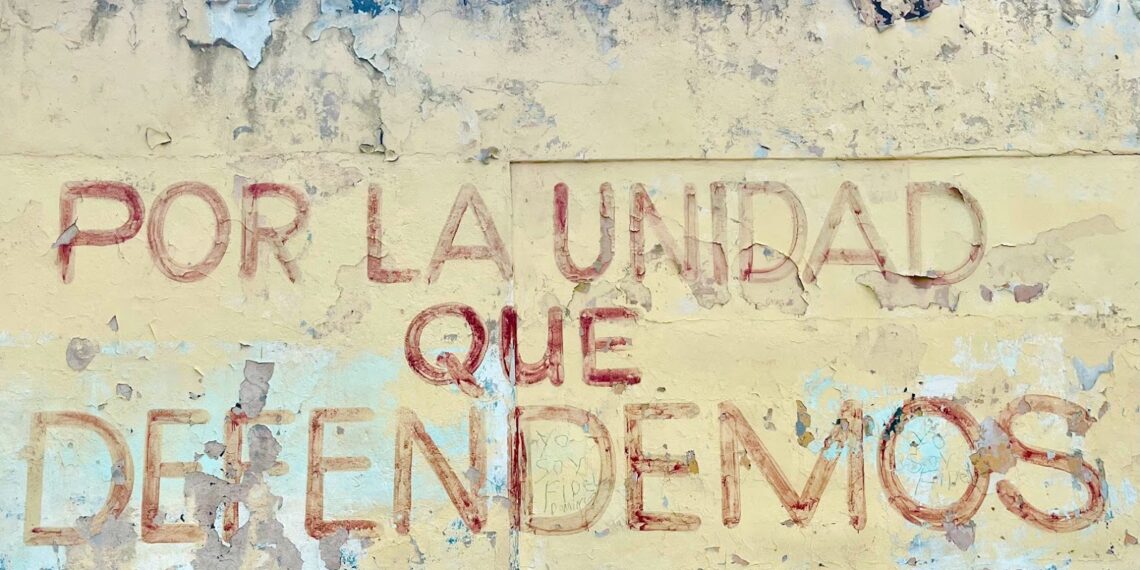
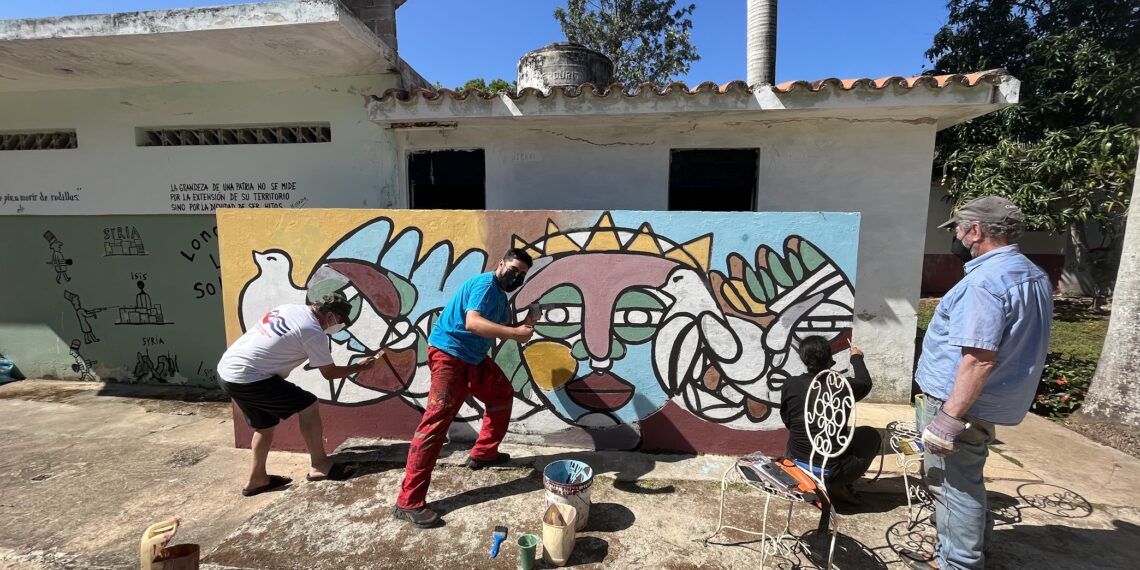
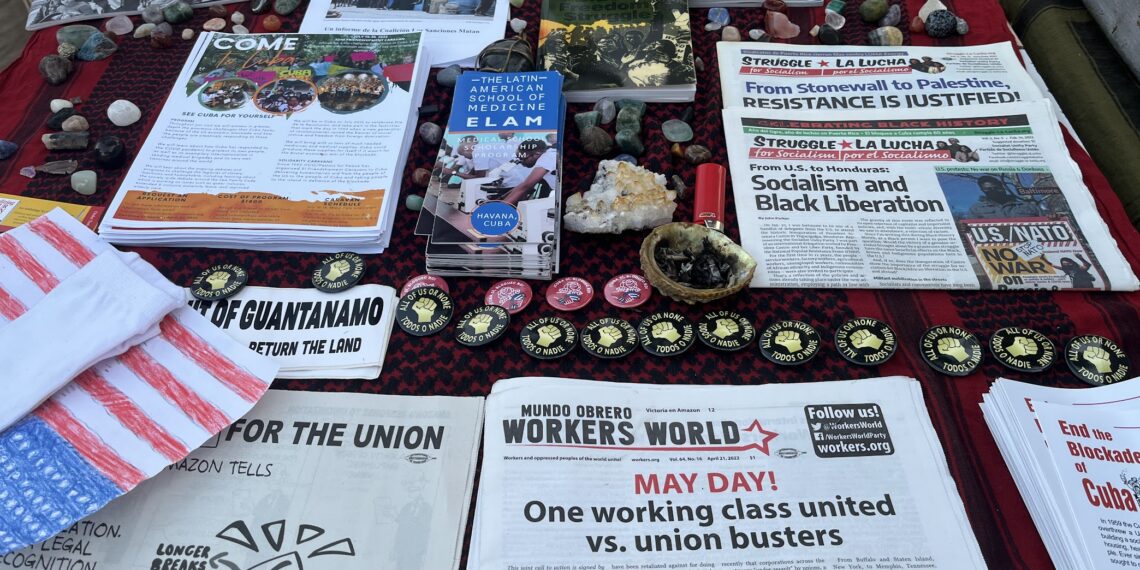
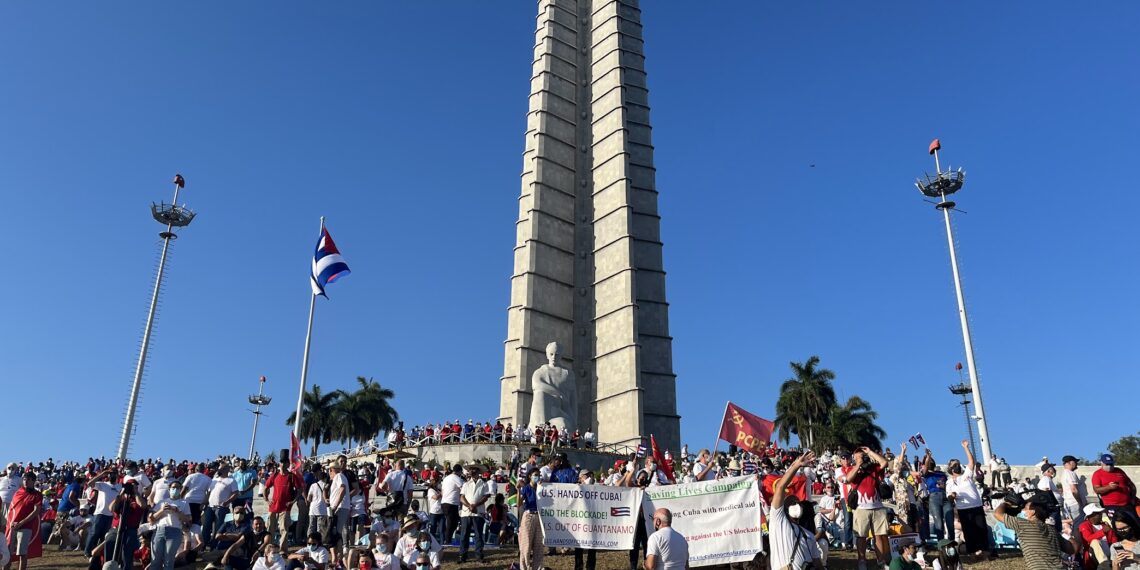
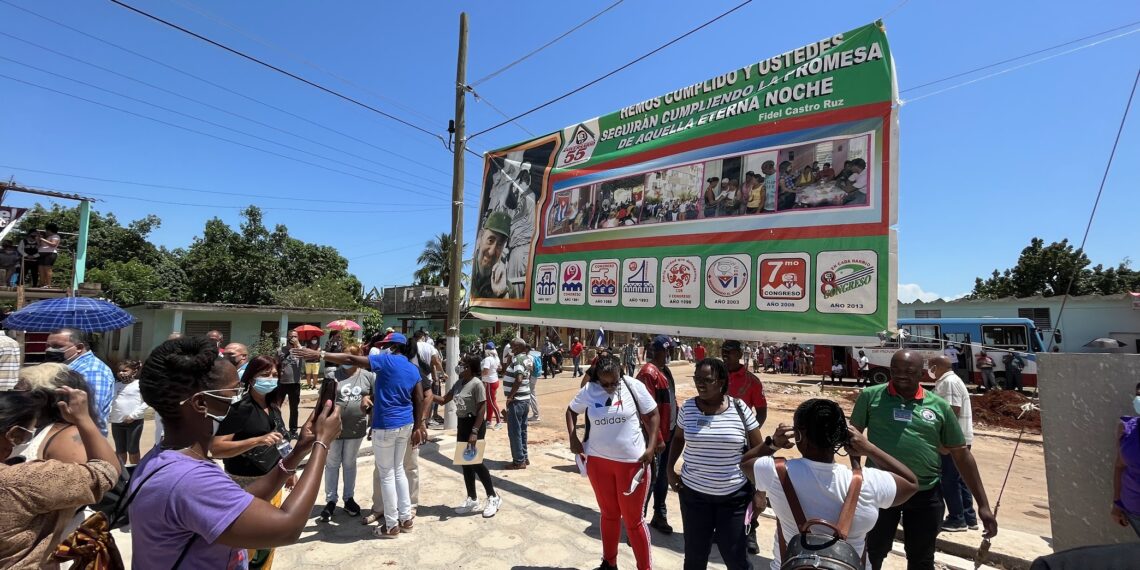
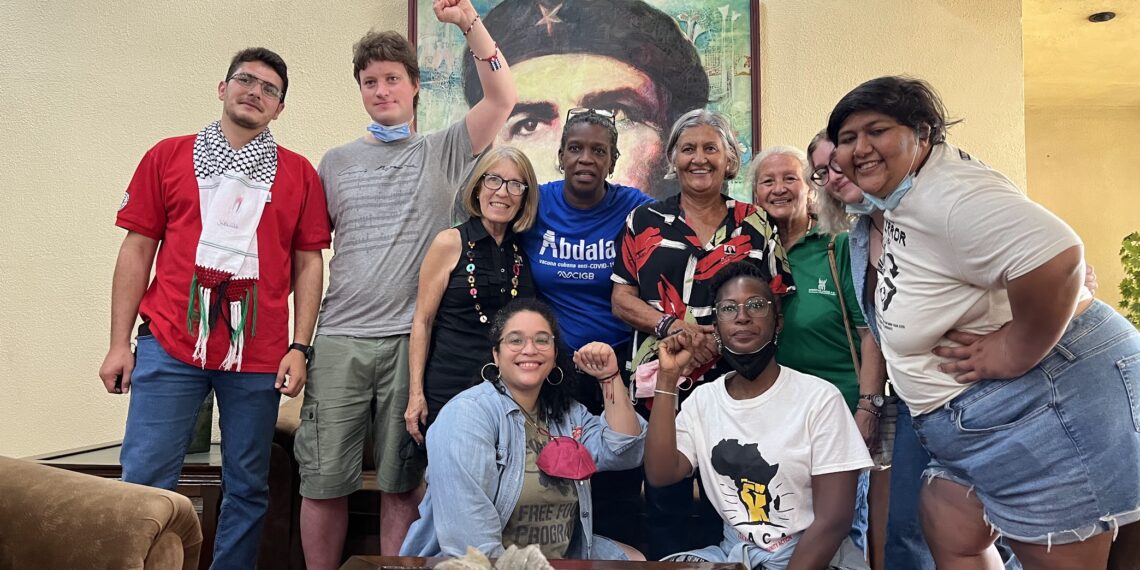
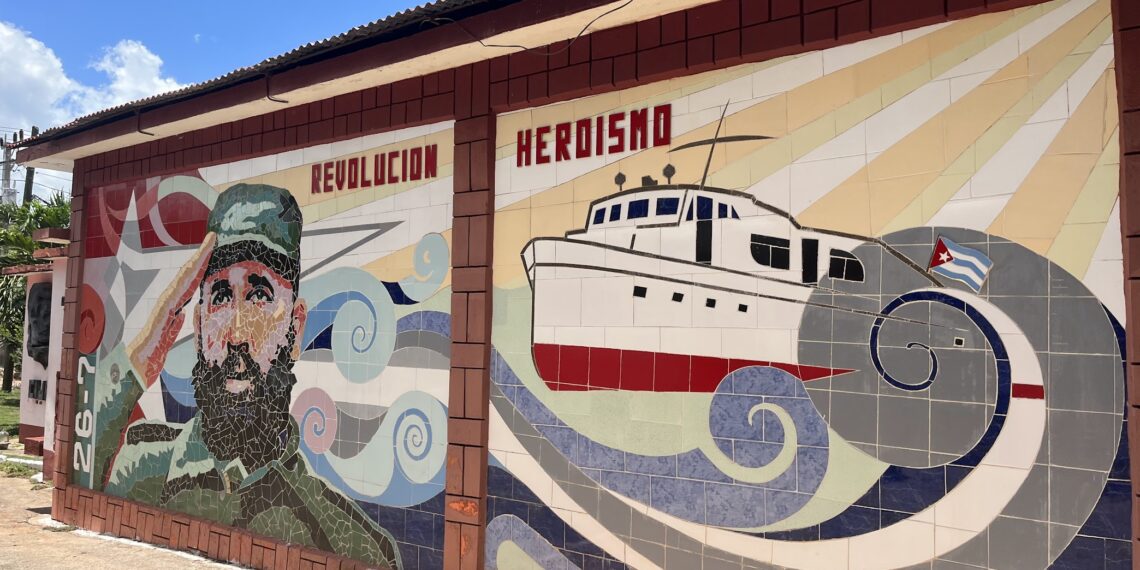
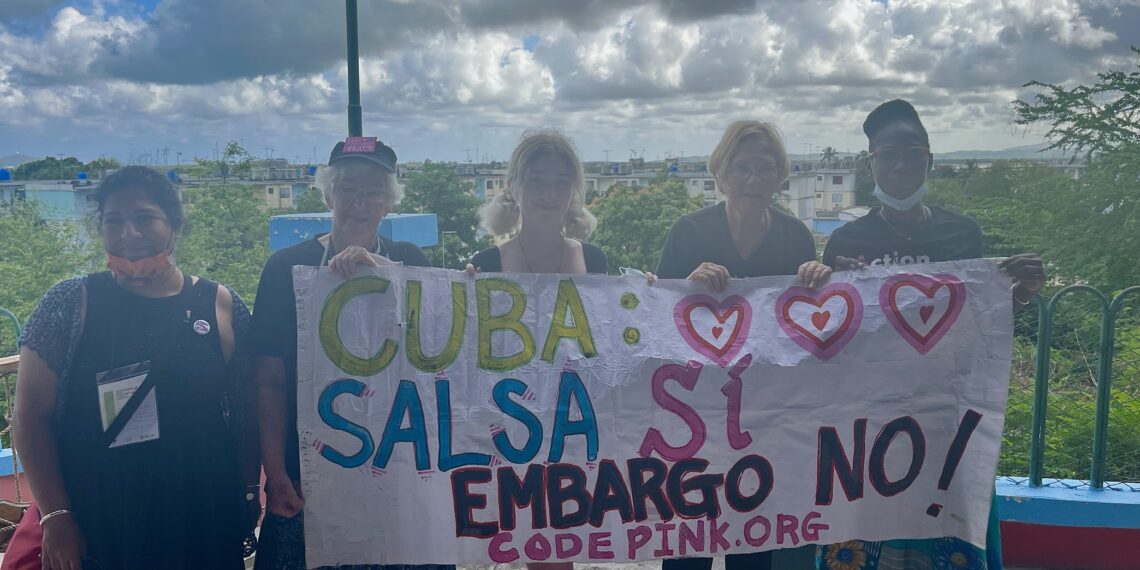
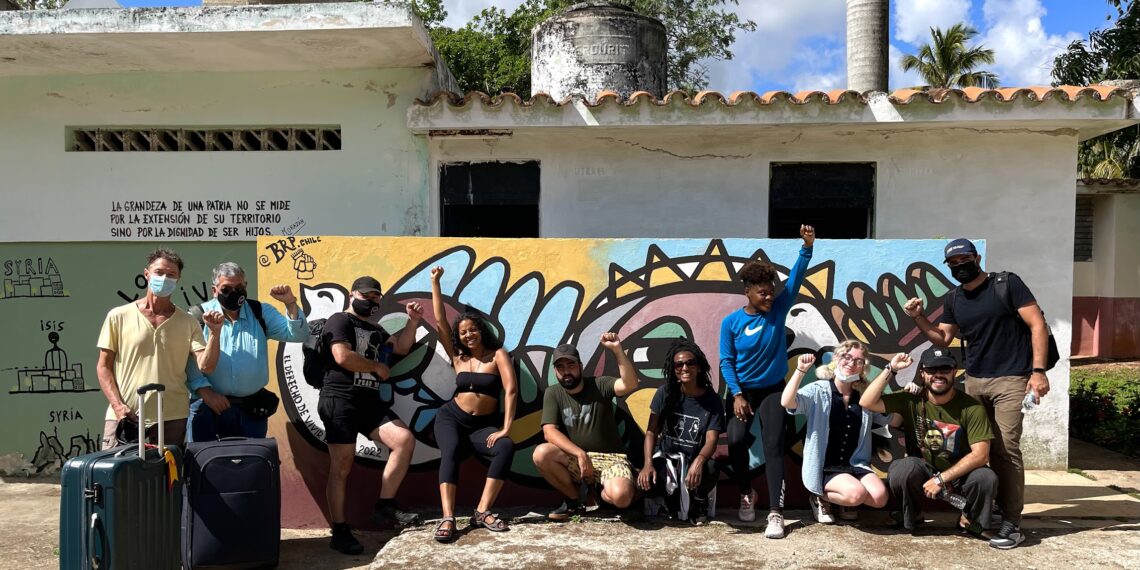
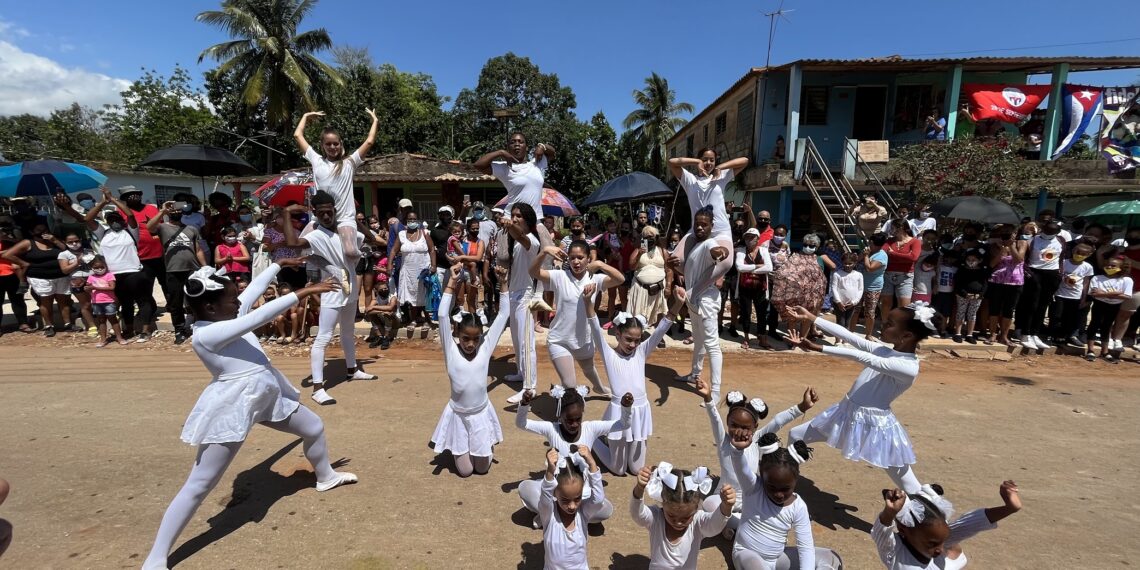
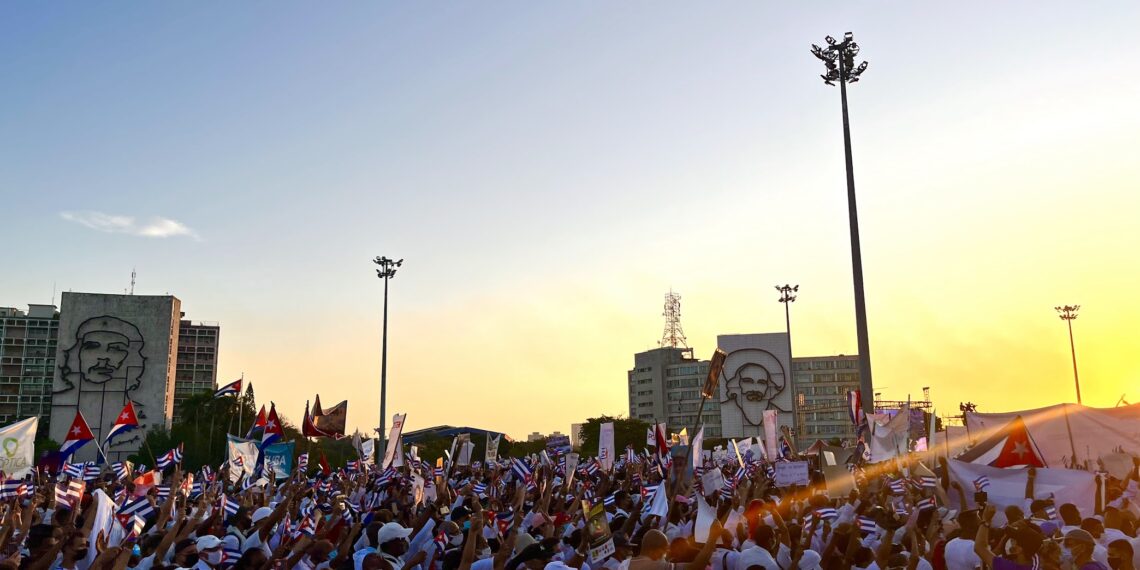
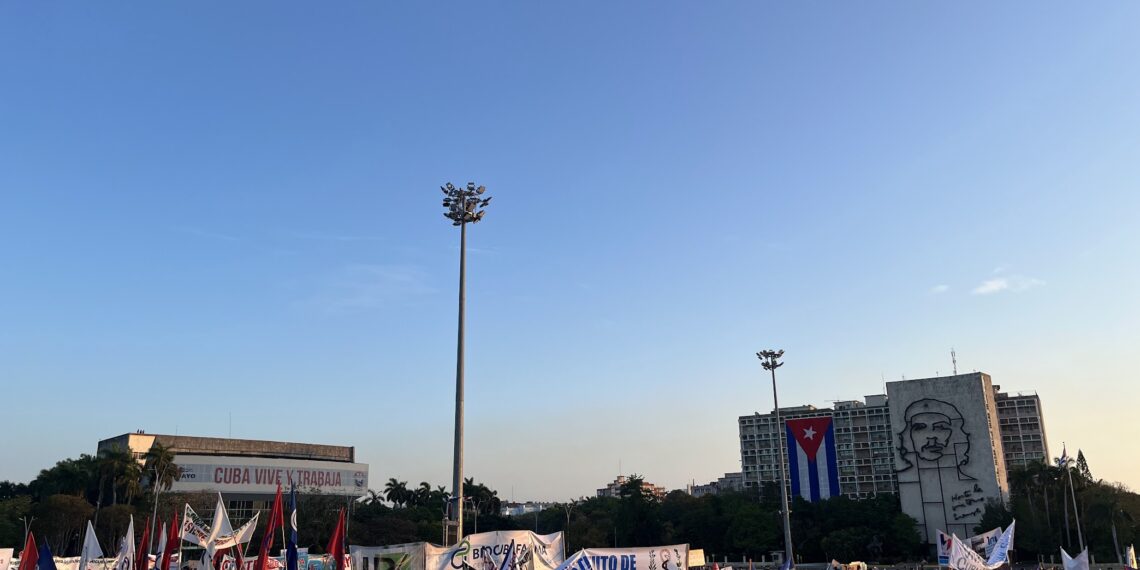
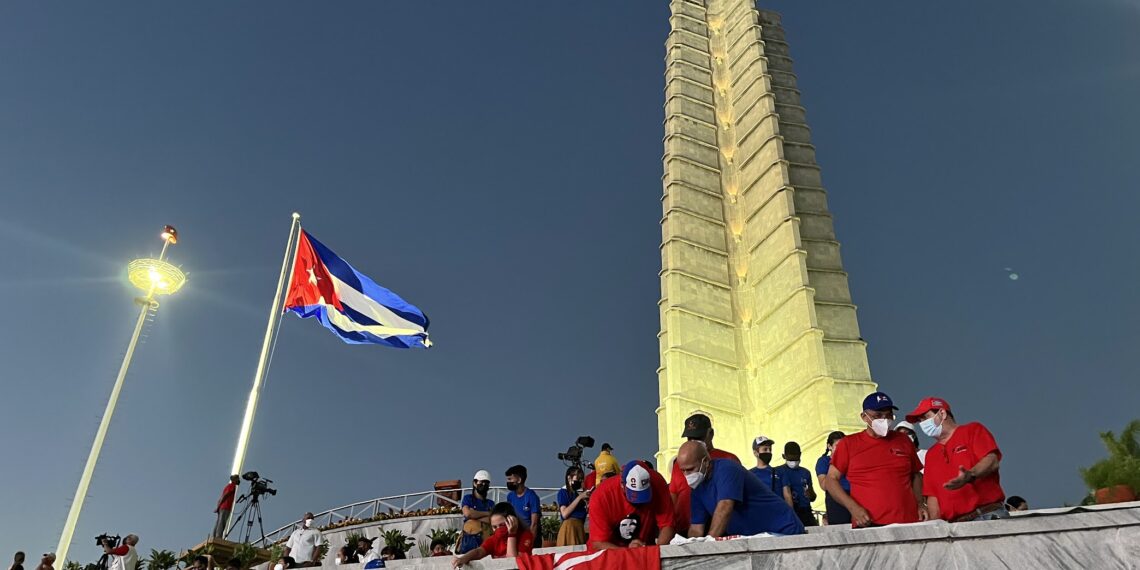
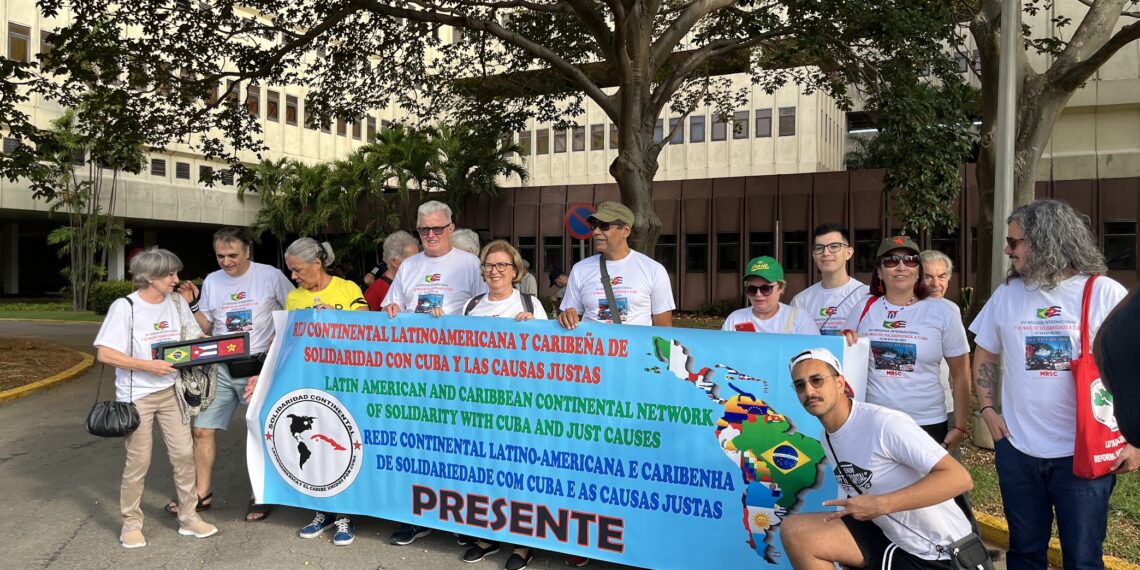
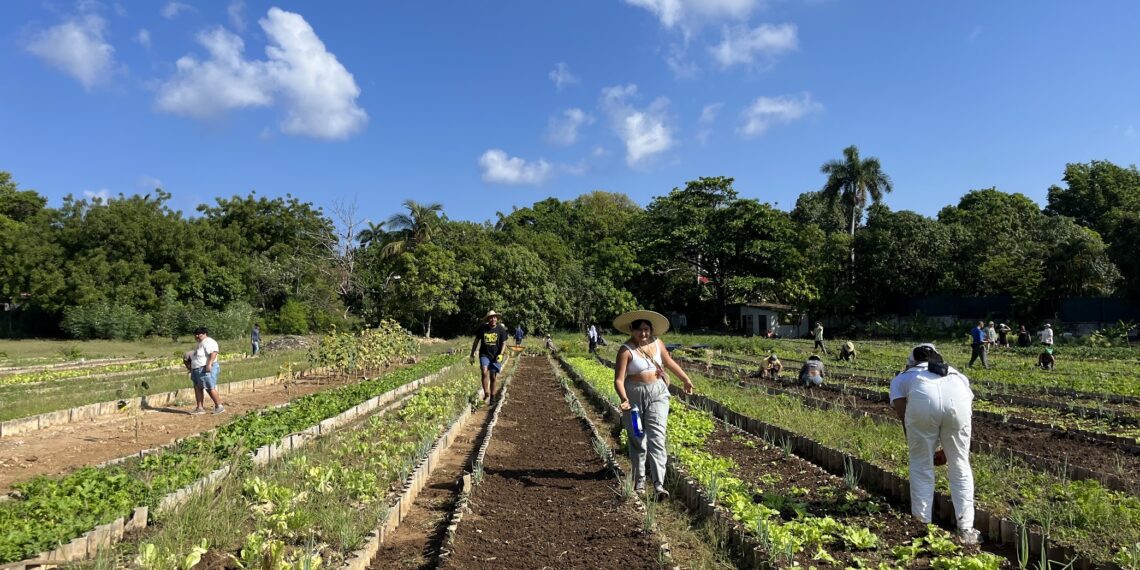
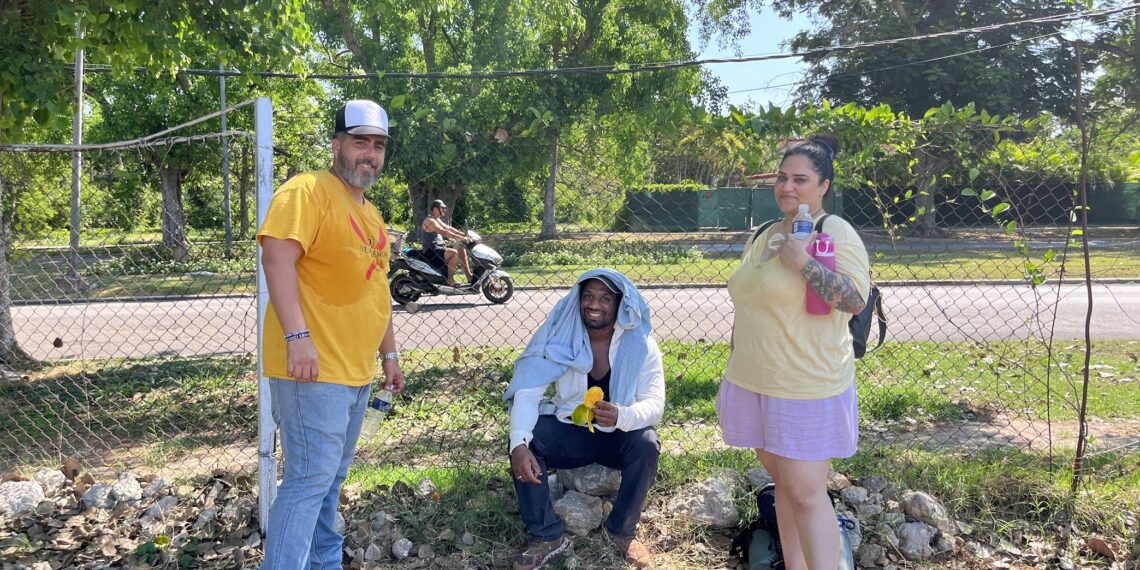
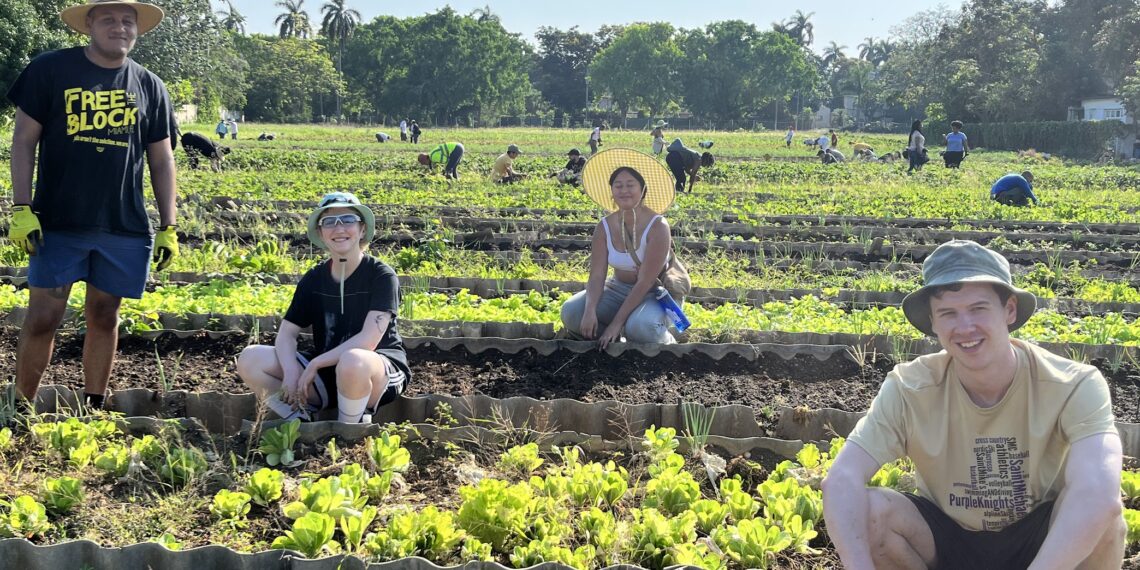
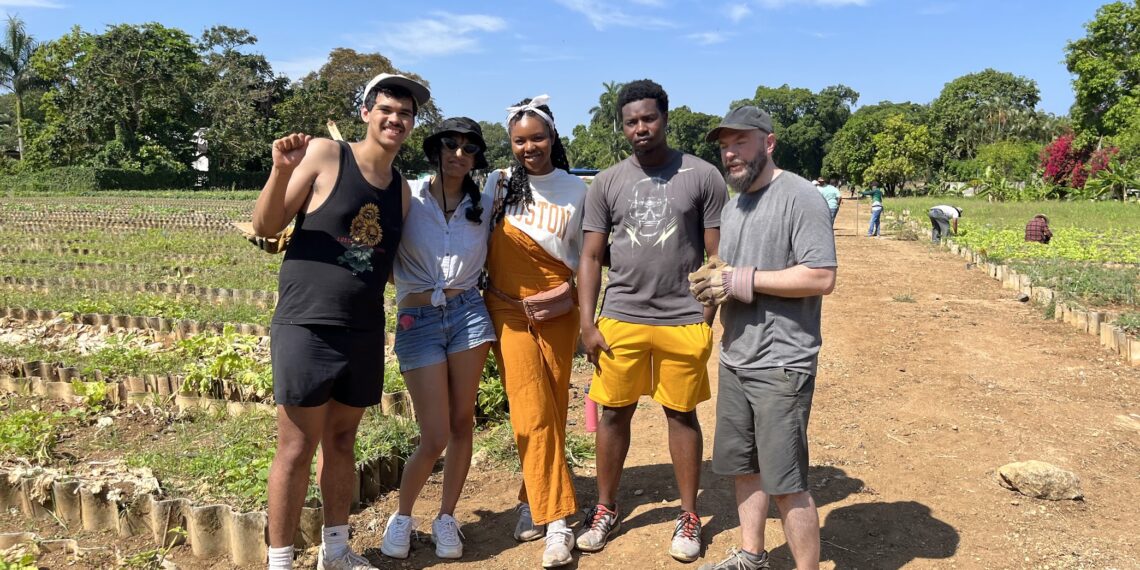
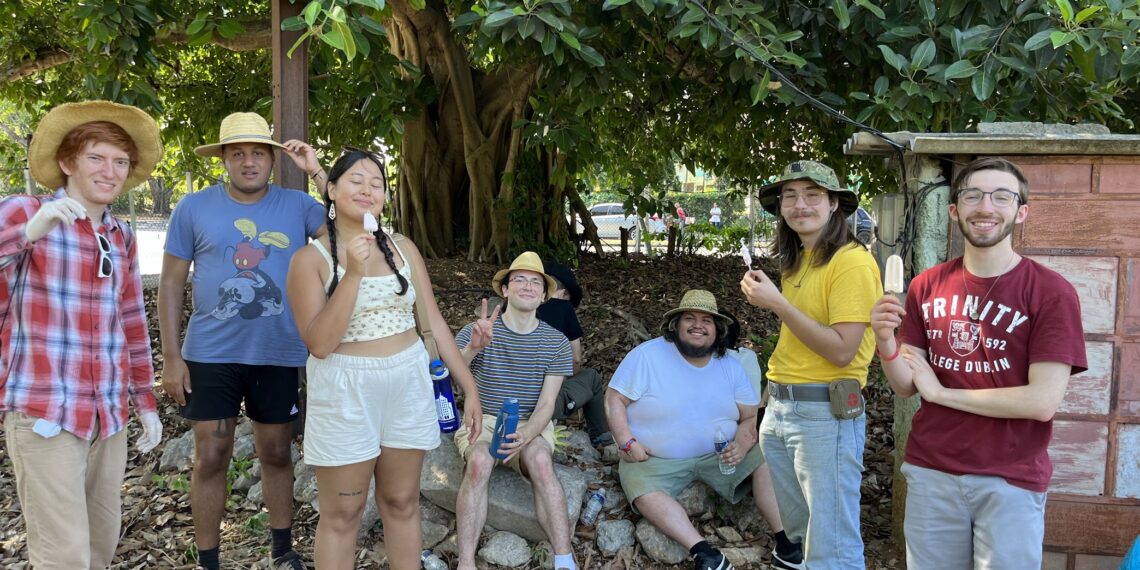
?
Travel FAQs
Frequently Asked Questions About Travel to Cuba
No. Travel to Cuba for tourist activities remains prohibited by U.S. statute. However, the Department of Treasury’s Office of Foreign Assets Control (OFAC) has issued general licenses for 12 categories of travel. Individuals who meet the regulatory conditions of the general license they seek to travel under do not need to apply for an additional license from OFAC to travel to Cuba. The 12 categories of authorized travel to Cuba are: family visits; official business of the U.S. government, foreign governments, and certain intergovernmental organizations; journalistic activity; professional research and professional meetings; educational activities; religious activities; public performances, clinics, workshops, athletic and other competitions, and exhibitions; support for the Cuban people; humanitarian projects; activities of private foundations or research or educational institutes; exportation, importation, or transmission of information or informational materials; and certain authorized export transactions.
Yes, all travelers visiting the island require a Visa and a passport. Your passport must be valid and not expiring for at least six months at the time of entry. Two blank passport pages are required for entry/exits.
U.S. Airlines are required to include health insurance in your ticket to Cuba.
Cuba requires all U.S. airlines departing the United States to pay for health insurance for each passenger. The health insurance from airlines is valid for 30 days upon your arrival in Cuba. If you are planning to stay in Cuba for more than 30 days, you will need to extend your coverage before you can extend your visa. It is important to keep a record of your arrival into Cuba, such as your airline ticket, so that the Asistur agency can coordinate with the hospital on payment MEDEVAC flights from Cuba are difficult to arrange, with costs starting at $15,000 U.S. dollars. Visit the U.S. Centers for Disease Control and Prevention for more information on type of insurance you should consider before you travel overseas.
We strongly recommend supplemental insurance to cover medical evacuation.
Ensure you have all medicine you require for your time in Cuba. Medicine (prescription and over the counter) is not readily available in Cuba. Always carry your prescription medication in original packaging, along with your doctor’s prescription. Check with the General Customs Office of Cuba to ensure the medication is legal in Cuba. Note: This site is in Spanish only.
Even the most common over the counter medications are unavailable in Cuba DUE TO THE U.S. ECONOMIC BLOCKADE AGAINST CUBA. Other medication, medical equipment or supplies are also unavailable on the island. Make sure you have what you need.
U.S. credit and debit cards do not work in Cuba. You should bring Euros or Canadian dollars to Cuba and exchange them for Cuban Pesos (CUP) at authorized banks, CADECA offices, airports or hotels. Travelers should confirm alternative payment options before traveling, because the U.S. economic blockade and Cuba’s ILLEGAL designation on the State Sponsors of Terror List means policies in Cuba are subject to change. The Cuban government requires that travelers declare cash amounts over the equivalent of 5,000 USD.
Consider visiting the island with one of the brigades listed above. If you have a special group interest, you can also coordinate your own trip through companies like Marazul Tours, Inc, which has been arranging travel to Cuba since 1979. Contact us to learn more about travel options, or contact brigade coordinators directly using the links above.
ELAM Medical School
NNOC member, the Interreligious Foundation for Community Organization (IFCO), has been working since 1991 on a variety of projects to bring about reconciliation and normalized relations between the United States and Cuba and to challenge the immoral US economic blockade of Cuba. Since 1999, IFCO has been working with the Congressional Black Caucus (CBC), organizing Congressional delegations to visit Cuba. It was during one of these delegations in May 2000 that Cuban medical school scholarships were first offered to US students.
The first US students entered the program in the spring of 2001. By the spring of 2010, 122 US students from 29 states plus Puerto Rico and Washington, DC are enrolled, and 33 US students have already graduated with MD degrees. New students are admitted to enter the Latin American School of Medicine in August. Learn more and apply at ifconews.org/our-work/elam-medical-school.
